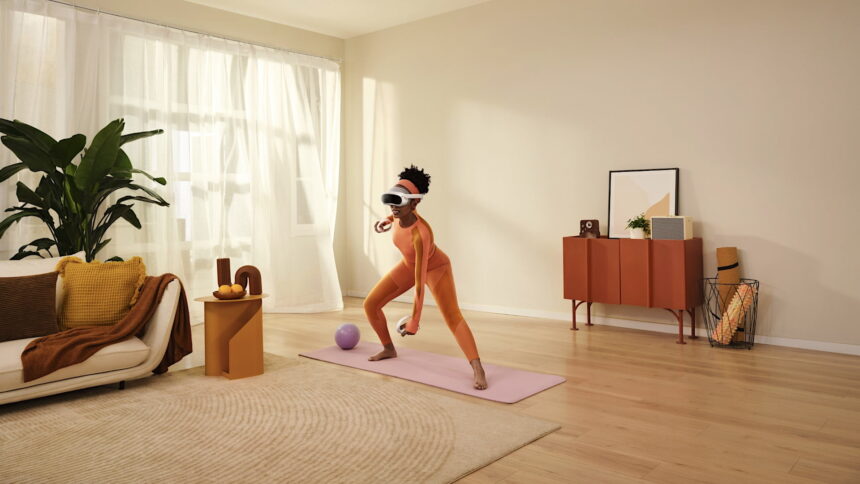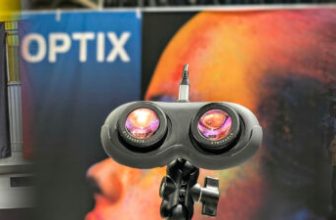
Recent studies indicate that virtual reality (VR) fitness training enhances working memory and mood to a greater extent compared to traditional training methods or periods of rest.
Researchers from the Institute for Human Movement and Medical Sciences at the University of Niigata in Japan studied how physical training using a VR headset affects the brain. They focused on the effects on working memory, which stores information for short periods of time.
The findings suggest that engaging in a ten-minute workout with VR headsets has a more beneficial impact on mood and performance in memory-related tasks compared to traditional exercise or rest. The researchers believe that utilizing VR technology for fitness programs could be an ideal way to enhance working memory function and potentially even mitigate the risk of depression and dementia.
25 healthy young adults participated in the study. They completed three sessions: Training without VR headsets, training with VR headsets, and rest without VR headsets. Before and after the training sessions, they performed a task to measure working memory performance.
During training with the VR headset, individuals experienced higher heart rate and perceived exertion compared to resting. The mood was found to be better in the VR condition compared to other sessions, and there was an improvement in working memory performance with shorter reaction times observed, particularly with the use of the VR headset.
Measures of brain activity demonstrated that various regions were activated while performing the task involving working memory. The use of the VR headset resulted in distinct activation in particular brain regions. The study did not find any noteworthy correlation between performance on the working memory task and activity in the examined brain regions. Nevertheless, better performance was linked to higher vitality.
XR and AI in Neuroscience and Fitness
XR and AI are becoming increasingly important in the fields of neuroscience and fitness. A powerful example of this is the story of Erick Gallun, a psychologist and researcher who credits his recovery from a life-threatening heart condition to his regular training with VR fitness apps.
During the pandemic, Gallun started using the Supernatural app for his workout routine. He soon observed a notable enhancement in his physical fitness. Although he experienced a major health setback at the end of 2022 that necessitated a complex surgery, he managed to recuperate swiftly and resume his training, all thanks to his excellent VR training preparation.
This example illustrates the positive impact VR fitness can have on physical and mental health. The immersive experience of virtual reality makes exercise more accessible and motivating for many people. In turn, regular exercise has been shown to reduce the risk of various diseases and contribute to overall well-being.
VR and AI are also opening up new possibilities in research. For example, scientists are using these technologies to detect diseases such as Alzheimer’s at an early stage or to study how memories are formed in the brain. Mikhail Lebedev, a neuroscientist at Duke University, believes that AI, VR, and neuroscience will become even more intertwined in the future, and that the human brain could be enhanced by technology.







